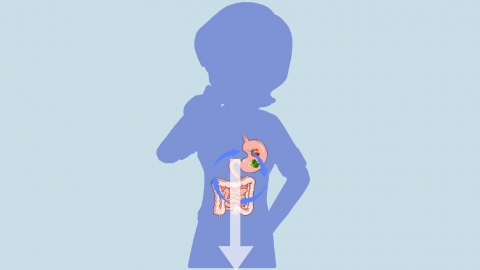Can patients with appendicitis drink fish soup?
Whether patients with appendicitis can consume fish soup depends on the stage of the illness and their gastrointestinal function. It is acceptable to drink moderate amounts of fish soup when the condition has improved and digestion is normal, but not advisable during the acute phase or when the gastrointestinal system is weak. If in doubt, it is recommended to seek medical advice in advance. Detailed analysis is as follows:

If appendicitis is in the recovery phase, with disappearance of symptoms such as abdominal pain and fever, and normal passage of gas and stool indicating restored gastrointestinal motility, a moderate amount of light fish soup may be consumed. Fish soup contains high-quality protein and various trace elements. By removing the oil and foam while cooking, and consuming small amounts repeatedly, it can supply nutrients to promote recovery without burdening the intestines, thus facilitating wound healing.
During the acute phase of appendicitis, the intestines are congested and swollen, and digestive function is weakened. Consuming fish soup at this stage might be harmful because its high protein content could be difficult to digest, increasing the burden on the gastrointestinal tract and potentially causing nausea, vomiting, or intensified abdominal pain. Moreover, fish soup that is overly greasy or contains spicy seasonings may irritate the intestines, so it should be avoided in such cases.
Appendicitis patients should determine whether to consume fish soup based on their condition and the gastrointestinal tolerance level. Start with small amounts of light fish soup. If discomfort occurs, stop consumption immediately. Daily meals should gradually transition from liquid to semi-liquid food.






